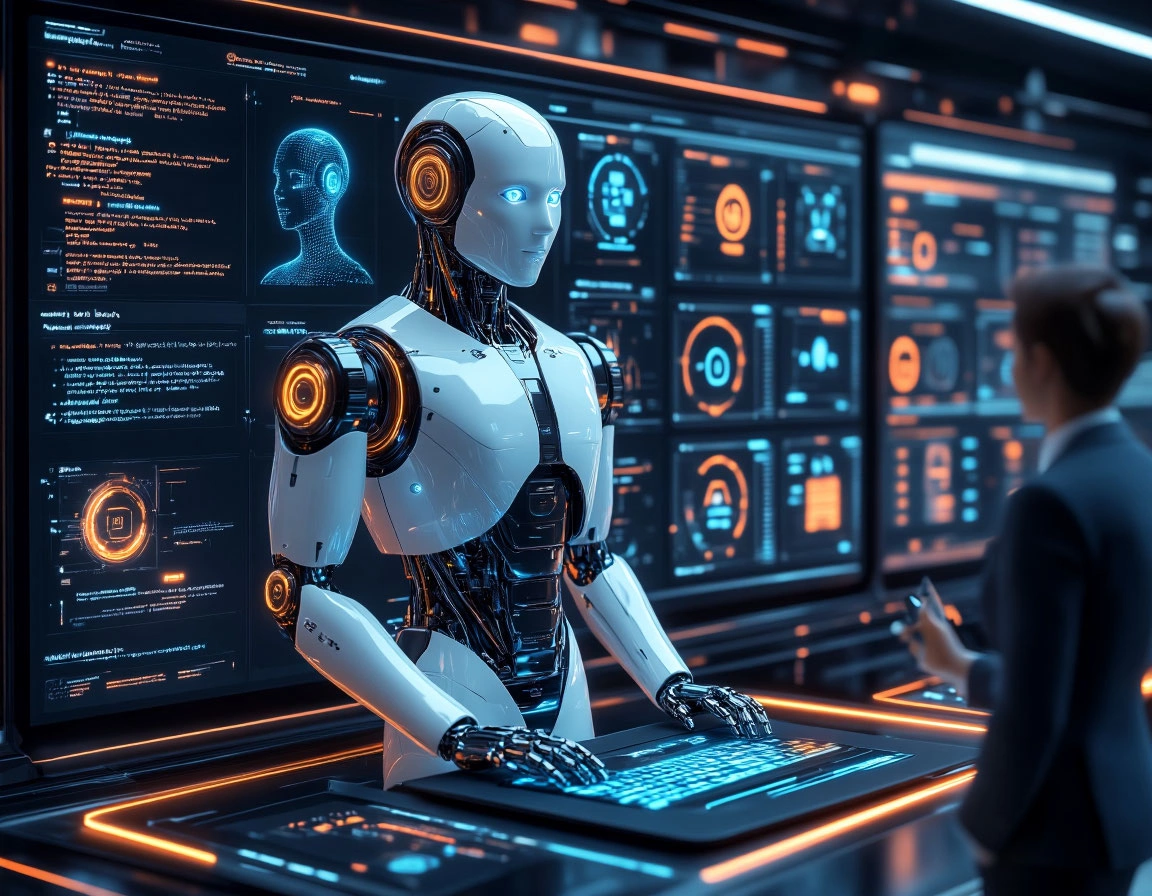🧠 The Future of Marketing Careers in a World Where AI Makes Intelligence Cheap
🔍 The Debate: Will AI Destroy or Reinvent Marketing Jobs?
There’s no shortage of bold predictions about AI’s impact on the marketing profession. On one side, leaders like Demis Hassabis (Google DeepMind) suggest AI will unlock a surplus of new jobs, driving innovation and human creativity. On the other, Sam Altman (OpenAI) has bluntly warned that up to 95% of marketing roles could vanish, replaced by increasingly capable AI systems. Then there are marketing veterans like Rand Fishkin, who dismiss the fear entirely, arguing that the industry will adapt and thrive. So who’s right? The answer might lie somewhere in the middle — but one thing is clear: ignoring this shift is not an option. As AI continues to evolve, marketing as we know it is already being reshaped, and understanding this transformation is essential for anyone building a career in the field.

💡 The Core Truth: AI Makes Intelligence Cheap
Let’s strip away the hype and look at a few undeniable facts:
1. AI reduces the cost of intelligence to nearly zero.
Tasks that once required years of experience, domain expertise, or a team of analysts can now be handled in seconds by LLMs and automation tools.
2. AI is not just a tool — it’s a replacement system.
While it can assist human workers, businesses are increasingly using AI to fully automate tasks previously done by people — from email copywriting to SEO content planning and even campaign analysis.
3. Businesses follow the money.
When new technology promises immediate and measurable ROI, companies have every incentive to adopt it quickly. AI offers lower costs, faster output, and scalability — a compelling case in any boardroom.

🏢 What’s Likely to Happen Next in Marketing Employment
As AI systems become more advanced and integrated, the core value of human marketers will shift. Here’s what we can expect:
• Commodity-level marketing work will be automated: Think social media captions, A/B test optimization, and basic SEO — these are already being handled by AI with minimal human input.
• Strategy and human creativity will still matter, but only at the top: The demand will shift towards senior-level marketers who can think across disciplines, direct AI workflows, and align automation with brand purpose and customer emotion.
• Marketing teams will shrink: A single person, augmented by AI tools, can now outperform entire teams from five years ago. Companies will optimize headcount accordingly.
• Soft skills and brand intuition will become differentiators: As intelligence is commoditized, things like storytelling, empathy, and trust-building will separate good marketers from great ones.

🛡️ How to Future-Proof Your Career in Marketing
If the value of raw intelligence is approaching zero, then what keeps you valuable in the workforce? Here are a few actionable strategies:
1. Move up the abstraction ladder. Learn to oversee systems and workflows, not just perform tasks. Understand how to connect AI outputs with strategic outcomes.
2. Invest in soft skills. Storytelling, leadership, emotional intelligence — these will become your unfair advantage when technical tasks are handled by machines.
3. Build your AI fluency. You don’t need to become a machine learning engineer, but you do need to understand how AI models work, their limits, and how to prompt them effectively.
4. Develop a personal brand. People buy from people — and while AI can generate content, it can’t build trust. Having a recognizable personal voice, thought leadership, and community influence will insulate you from commoditization.
5. Stay adaptable. The tools will change. The tactics will evolve. Your ability to learn quickly and pivot will matter more than your mastery of any one platform.
🧭 Final Thoughts: Redefining Value in a Post-Intelligence Economy
The rise of AI doesn’t mean the end of marketing — it means the end of marketing as we knew it. The skills that once made marketers indispensable are becoming automated, and the focus is shifting toward creative judgment, ethical direction, and strategic leadership. In a world where machines can do the thinking, the human edge comes from intuition, context, emotion, and originality. Whether you’re a junior marketer just starting out or a CMO navigating this transformation, one thing is certain: those who evolve will not just survive — they’ll lead the next era of intelligent marketing.
Close